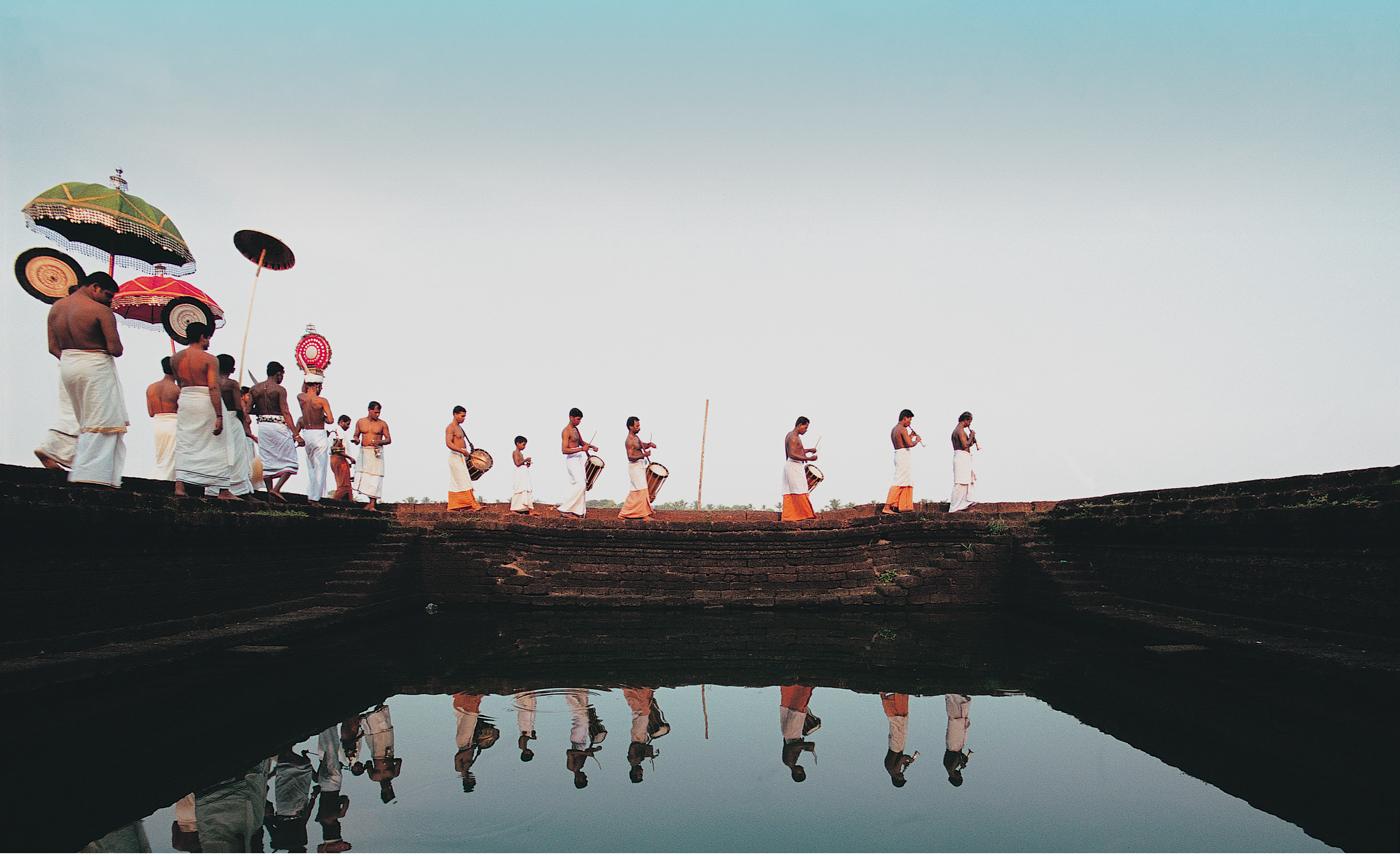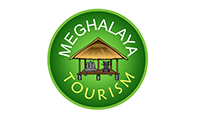

The Winners
OVERALL WINNERSSnow Leopard Conservancy — India Trust Planet Abled
BEST RESPONSIBLE TOURISM PROPERTYThe Winners
JOINT OVERALL WINNERS
Snow Leopard Conservancy — India Trust Planet Abled
The Snow Leopard Conservancy–India Trust works to protect, among other animals, the snow leopard—a globally endangered species with only 200 to 600 individuals left in the higher reaches of the Himalayas. The judges were impressed by the conservancy’s Himalayan Homestay initiative, which creates livelihoods for local people, offsetting and compensating livestock losses, increasing the stake of local people in conserving wildlife through wildlife tourism, reducing human-wildlife conflict, and helping reverse a centuries old tradition of hunting snow leopards and wolves. Since 2002, over 130 families have been trained to offer 165 homestays in 40 villages across Ladakh10% of all homestay income is invested in village conservation. The Trust has sought to maintain traditional Ladakhi values, by housing guests in existing traditional rooms and serving Ladakhi food. The model is being considered for replication in five countries.
Planet Abled
Planet Abled organises trips for mixed groups of people facing a range of challenges, and enables them to travel with friends and family. They work to provide mainstream itineraries and avoid the ghettoisation of travel for specially abled travellers. They spread awareness of this inclusive tourism amongst volunteers who then become ambassadors for inclusion and accessibility in their respective communities. The organisation also discourages china doll treatment and differential pricing for its patrons. Although they mostly operate in North India, their model is replicable and scalable. It’s early days yet for accessible holidays in India, therefore the judges felt that such inclusive, mixed group, equitable trips are truly innovative.
BEST RESPONSIBLE TOURISM PROPERTY
GOLD: Farm of Happiness
Farm of Happiness is a homestay on a 20-acre organic farm. Tourism is an additional revenue stream, and a way to draw attention and some glamour to agriculture. A stay at the farm gives guests an authentic taste of rural life, and serves as an introduction to the concepts of natural farming and eating consciously. The judges were impressed by the way in which the ethic of responsibility informs all practices at the property, and by its impact on urban and local youth, who see a more promising future in agritourism and organic farming. The farm’s organic practices, traditional structure, and focus on local cuisine are all steps towards using tourism to encourage locals and tourists alike to be guardians of their environment and culture.
SILVER: Dewalokam
Dewalokam is an organic, self-reliant farm in Kerala’s Idukki district, and also offers interactions with the local community. The staff here—15 men and 10 women employed directly, and just as many employed indirectly—belong to the village, which benefits from the enterprise. For a relatively small, family-run property, it ticks all the big boxes, such as equitable employment, gender balance, sustainability, and promotion of local food and culture. With consistently good feedback, at Dewalokam the emphasis is not on what guests want, but on what it can provide as a matter of course.
SILVER: Atali Ganga
The Aqua Terra Alternative Lifestyle Initiative or ATALI Ganga, near Rishikesh, combines smart accommodation with safe adventure. A viable model built in an overstretched, touristy area, it sources locally, minimises water use, carefully manages waste, contributes to local schools, and provides guests with pre-arrival guidelines. Built using local stones, Atali leads by example and its impact on the surrounding ecology is impressive, especially in the light of the new rafting and camping policies in the state.
BEST CONTRIBUTION TO WILDLIFE CONSERVATION
GOLD: Snow Leopard Conservancy — India Trust
The Snow Leopard Conservancy–India Trust works to protect, among other animals, the snow leopard—a globally endangered species with only 200 to 600 individuals left in the higher reaches of the Himalayas. The judges were impressed by the conservancy’s Himalayan Homestay initiative, which creates livelihoods for local people, offsetting and compensating livestock losses, increasing the stake of local people in conserving wildlife through wildlife tourism, reducing human-wildlife conflict, and helping reverse a centuries old tradition of hunting snow leopards and wolves. Since 2002, over 130 families have been trained to offer 165 homestays in 40 villages across Ladakh10% of all homestay income is invested in village conservation. The Trust has sought to maintain traditional Ladakhi values, by housing guests in existing traditional rooms and serving Ladakhi food. The model is being considered for replication in five countries.
SILVER: Madras Crocodile Bank Trust & Centre for Herpetology
Chennai’s MCBT celebrates its 40th anniversary this year, and for most of those 40 years, it has played a crucial role in raising awareness and conserving reptiles and amphibians, including crocodiles and snakes. It has worked with snake catchers of the Irula tribe, and its anti-venom research has been crucial in India where several people are affected by snakebites. Although its reptile park in Chennai is a crucial source of funds, the MCBT’s research footprints can be found in more than one region—including Central India, the West-ern Ghats, and the Andaman and Nicobar islands.
BEST FOR CULTURAL IMMERSION
GOLD: The Blue Yonder
The Blue Yonder started in 2004 with the goal of conserving and promoting the River Nila in Kerala. They used tourism to solve an existing problem, highlighting the area’s rich cultural heritage to draw visitors. They celebrated the river, enhancing local pride in it, and helped create sustainable livelihoods—not entirely dependent on tourism—to check migration, revive crafts and cultural activities. For instance, a musical trail that they started 12 years ago with four beneficiaries, now supports about 850 students and 15 teachers. Although the Nila has been Blue Yonder’s focal point, its footprints can be found across India and its neighbouring countries. The travel experiences offered by them are developed through community consultation and co-creation, and are both replicable and scalable.
SILVER: Rural Pleasure
Rural Pleasure is a social enterprise primarily operating in southern Gujarat, where tourism is still finding its feet. The outfit encourages visitors to participate in the chores of villagers, thus gaining insight into their lives. Villagers have gained alternative sources of income in providing lodging and board, guiding visitors, housekeeping, performances by local artists, and the sale of art, craft, and agricultural produce. Warli art was on a decline in the Dang district, but now many young people find value in practicing it. Although Rural Pleasure only operates in a single state and its numbers are humble— seven houses have been decorated with Warli art, about 750 travellers have been immersed in cultural activity, and the tribes have earned close to Rs 98,000—the outfit is reaching out to otherwise untouched communities and attempting to highlight tribal culture sensitively.
BEST COMMUNITY-BASED HOMESTAY PROJECT
GOLD: Biksthang Heritage Farmhouse
Biksthang is an ancestral 18th-century house, which has been developed by the family into a ‘destination’, bringing tourists to a relatively remote and undeveloped village. The aim is to preserve the legacy, restore the dying agricultural heritage and give visitors a genuinely authentic experience of the rich culture, tradition, history and cuisine of West Sikkim. Biksthang is leveraging the cultural assets of the village and the countryside to create sustainable livelihoods through local sourcing for the homestay, handicraft sales to tourists, guiding and transport services. The ambition is to encourage young people to stay in the village and to see that there are opportunities for them when they return—much like the owner of Biksthang, Deyki Gyatso. This is a fine example of an individual attempting to affect real change.
SILVER: Kabani Community Tourism
Since 2005, Kabani Community Tourism and Services has been promoting a model that benefits local communities and reduces the negative impact of tourism. The Kerala-based non-profit association promoted community tourism initiatives to create additional incomes for farmers to help reduce farmer suicides. The judges were impressed by the way in which Kabani has worked with farmers, fisher folk, and women entrepreneurs to create B&Bs in eight villages, involving 450 villagers. They have understood and utilised the local panchayat system to their advantage
BEST OUTDOOR OPERATOR
SILVER: Daragaon Village Retreat, Gurung Homestay
Daragaon is a family-run homestay with seven rooms in a relatively remote Sikkimese village called Darap—home to the Limbu people, originally from Tibet. The judges were impressed by the way in which the opening of this homestay, which offers rural and bird watching experiences, has resulted in the formation of an association and spawned more locally owned homestays. This has created additional income for the village, raised living standards, and inspired local youth to reconsider farming as a profession.
BEST INNOVATION BY A TOUR OPERATOR
GOLD: Planet Abled
Planet Abled organises trips for mixed groups of people facing a range of challenges, and enables them to travel with friends and family. They work to provide mainstream itineraries and avoid the ghettoisation of travel for specially abled travellers. They spread awareness of this inclusive tourism amongst volunteers who then become ambassadors for inclusion and accessibility in their respective communities. The organisation also discourages china doll treatment and differential pricing for its patrons. Although they mostly operate in North India, their model is replicable and scalable. It’s early days yet for accessible holidays in India, therefore the judges felt that such inclusive, mixed group, equitable trips are truly innovative.
SILVER: Grassroutes Journeys
Grassroutes Journeys offers off-the-grid, rustic, and authentic holidays with rural communities and tribes. Their objective is to reduce rural migration to cities, conserve biodiversity, revive local arts and craft, and change the aspirations of both villagers and guests. They work with 500 families in 10 villages and report a 30% increase in average annual household income for those families. They work with simple, replicable and innovative concepts, such as firefly tours and rice harvesting tours.
BEST BUILT-HERITAGE CONSERVATION
GOLD: Arco Iris
Arco Iris is a 200-year-old colonial Portuguese manor in Goa that was abandoned for nearly 40 years until it was restored by a family from Bengaluru. Arco Iris highlights the best of Goa’s rural, agrarian side, showing visitors sights away from the overstretched, oft-visited beaches. The judges were impressed by the way the house was restored to create a sustainable boutique homestay. The restoration was done sensitively, using local knowledge and materials. The family lives in the house and welcomes guests personally, instead of using the property as a holiday home.







